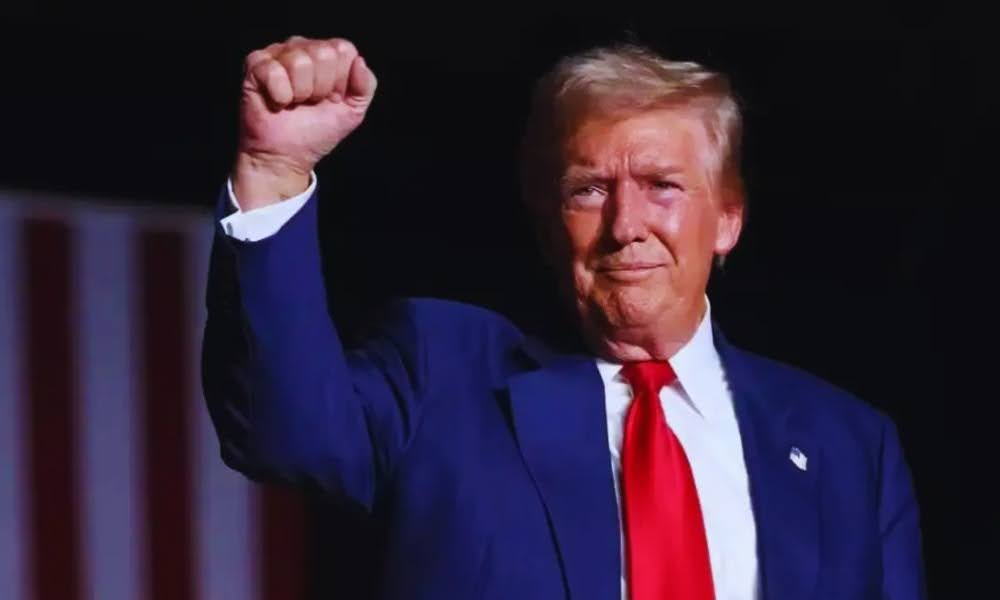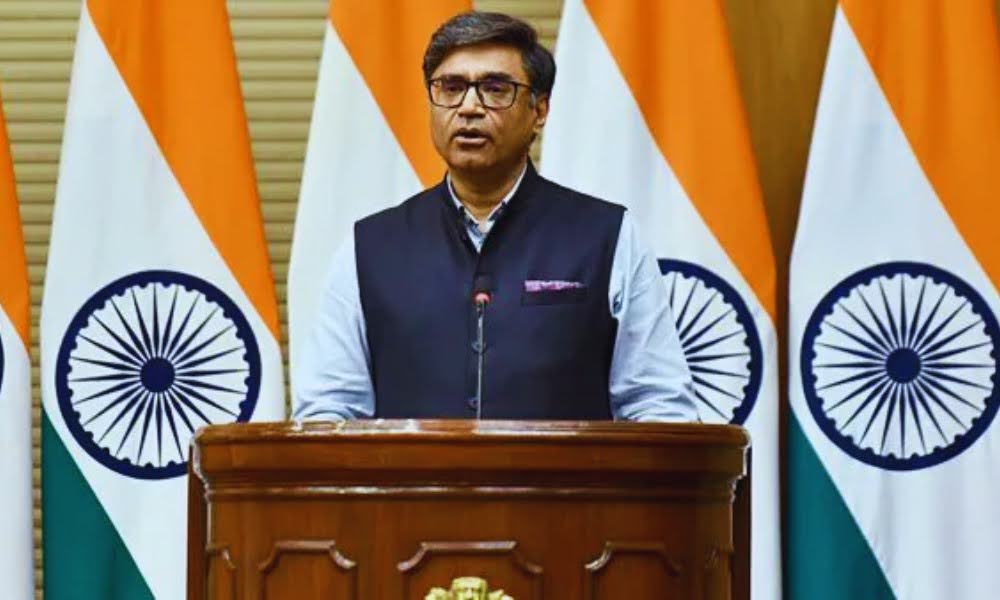Operation Sindoor: India Calls Pakistan’s Nuclear Bluff, Establishes ‘New Normal’ in Anti-Terror Strategy

India has sent a powerful message to state-sponsored terror networks through Operation Sindoor, asserting that no target within Pakistan is beyond reach.
Citing government sources, news agency PTI reported that the operation effectively calls Pakistan’s nuclear bluff.
It establishes a new precedent in India’s counterterrorism approach, ensuring that provocation is met with an overwhelming military response.
According to officials, Prime Minister Narendra Modi ordered that any hostile act by Pakistan be answered with a “bigger and stronger” retaliation. “Wahan se goli chalegi, toh yahan se gola chalega (If they fire bullets, we will respond with cannons),” Modi reportedly said following Pakistan’s recent escalations.
The Strike That Changed the Rules
Operation Sindoor, still ongoing, saw precision strikes on nine terror training camps and key headquarters in Pakistan in the early hours of May 7.
One official said, “Markaz ko mitti mein mila diya hai; aage ka bhi dekhenge” (We have turned their headquarters to dust; we’ll see about the rest), referring to the heavy damage inflicted.
When asked about the number of remaining terror hubs in Pakistan, a senior source replied, “How big is Pakistan?”—highlighting the country’s widespread involvement in terror networks.
Despite Pakistan’s nuclear threats, sources emphasized that the situation never escalated to a nuclear confrontation. They asserted that Pakistan’s nuclear deterrent has falsely emboldened it.
“We have called their nuclear bluff. While we take the nuclear threat seriously, it cannot be used as a shield for Pakistan to sponsor terrorism in India,” one source said.
India’s Policy of Direct Action
The strikes reflect India’s evolving doctrine: “The new normal is that the Line of Control will not protect you; the international border will not protect you; the nuclear threat will not protect you.”
Another source noted, “This time, we targeted the head of the snake, not just the foot soldiers.” India’s new stance is one of proactive targeting deep inside Pakistan.
“This shows our policy of ‘ghar mein ghus ke marenge’ (we will enter your home and kill you),” an official added.
Following India’s strikes on May 7, Pakistan launched retaliatory attempts on May 8, 9, and 10, targeting Indian military bases. India responded forcefully, damaging key Pakistani military assets, including air bases and command centres.
Ceasefire Agreement Reached
On May 10, Foreign Secretary Vikram Misri announced an agreement between India and Pakistan to halt all military actions across land, air, and sea.
A source stated, “The actions taken by India aim to establish a new normal in relations with Pakistan. Pakistan and the world must get used to this new normal because India has had enough.”
India also reiterated its firm rejection of any mediation in the Kashmir issue, clarifying that the only dialogue possible is about Pakistan vacating illegally occupied territories.
Indus Waters Treaty and Cost of Terrorism
India linked the Indus Waters Treaty to Pakistan’s support for terrorism. “The cost of terrorism has increased. The Indus Waters Treaty will remain in abeyance as long as Pakistan continues sponsoring terrorism,” said a source.
The situation escalated when Pakistan attempted to strike Udhampur. India responded by destroying eight Pakistani air bases. The intensity of India’s response altered Pakistan’s stance.
US Secretary of State Marco Rubio informed External Affairs Minister S. Jaishankar that Pakistan had received the message.
Modi’s Uncompromising Stance
After the April 22 Pahalgam terror attack, Modi ordered the destruction of terror nerve centres in Bahawalpur and Muridke.
The second phase on May 10 involved striking multiple Pakistani air bases after Pakistan fired ballistic missiles at Indian military targets. Despite calls from US Vice-President JD Vance to de-escalate, Modi remained firm, promising a devastating response if provoked further.
The Bahawalpur strike wiped out key Jaish-e-Mohammed leadership, sending a strong signal as the group was created by Pakistan’s ISI. Over 100 terrorists were reportedly eliminated in the May 7 operation.
Pakistan’s Failed Retaliation
Pakistan responded with drone attacks on 36 civilian and military locations along India’s western border. India intercepted and neutralized these drones, retaliating by destroying Lahore’s air defence systems.
Soon after an IMF bailout on May 9, Pakistan escalated further by launching missiles and fighter jets toward Indian bases. One missile reportedly aimed at Delhi was intercepted over Sirsa.
India’s counterstrike used BrahMos missiles and advanced air-launched SCALP and HAMMER missiles from Rafale jets.
The Indian attacks devastated key Pakistani air bases, particularly in Rawalpindi and Islamabad. As Defence Minister Rajnath Singh said, “the Indian strike reverberated in Rawalpindi.”
Final Blow and Tactical Shift
Pictures released by India showing extensive damage to Pakistani air bases confirmed the success of the operations. India, under Modi, has changed the rules of engagement permanently.
Throughout the crisis, Modi avoided any direct communication with Pakistan. NSA Ajit Doval also remained disengaged. India continued to suspend the Indus Waters Treaty and dismissed any U.S. mediation in Kashmir.
Modi maintains that the only outstanding issue with Pakistan is the return of Pakistan-occupied Kashmir. According to him, there is nothing else left to negotiate.







